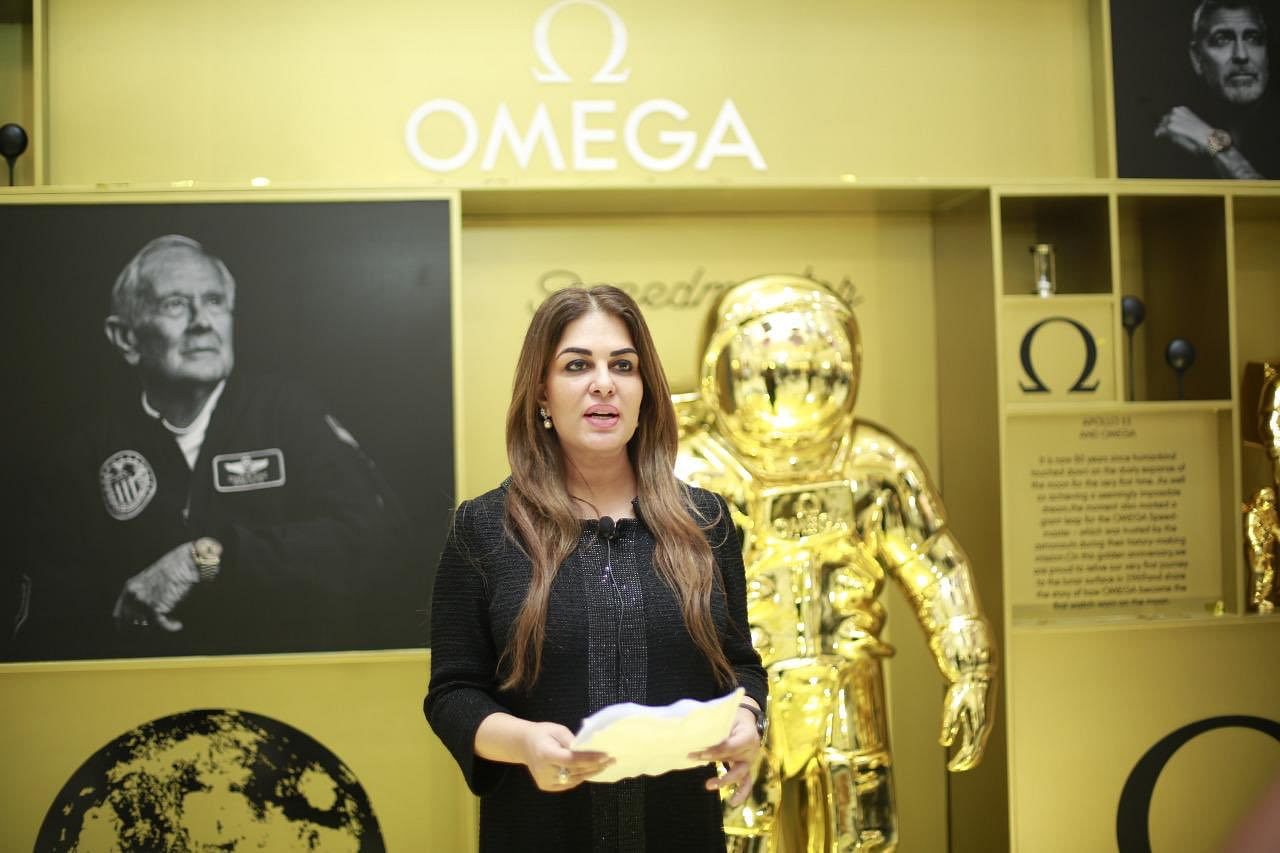
Pakistan's first female astronaut Namira Salim, who made headlines last week for congratulating India on the Chandrayaan-2 mission, has said the South Asia region could benefit from innovative space diplomacy.
"It is from space that we can rise above politics and from where all borders and boundaries dissolve," she said.
“In our new age of space exploration, my message to the leaders of India and Pakistan is to make space for peace and trust between the two countries to find peaceful solutions for pressing issues in the region,” she said, amid fresh Indo-Pak tension after New Delhi scrapped Jammu and Kashmir's special status.
Namira, who is the founder and executive chairperson of Space Trust, a non-profit initiative, said as a thought leader in the global space industry and as a future astronaut with Sir Richard Branson’s Virgin Galactic, she supports advocate of commercialisation of space which opens space to all sectors, and accordingly, she believes space is now open to world leaders and politicians.
“I engage statesmen to utilise space diplomacy as a sustainable tool for peacemaking on Earth via Space Trust," she said on her non-profit initiative, which was established in 2015 on the founding principle of "making space the new frontier for peace on Earth."
To date, Space Trust has engaged nine governments and five former and sitting Heads of State on the sidelines of the United Nations General Assembly High-Level Week in New York, who have endorsed the idea of utilizing space for peace on Earth, she said.
Space Trust’s maiden mission to Space next year, the CubeSat Mission – called 0G Peace Mission 2020 – which will be a capacity-building mission between a US university and one in a developing country.
"The mission, which will play peace messages in orbit in the voices of world leaders, eminent personalities, peacemakers, civil society and youth to inspire peace beyond borders, is envisioned in cooperation with the UN to build bridges and to inspire Space for Peace and Trust on Earth worldwide and particularly in the South Asian region," she said.